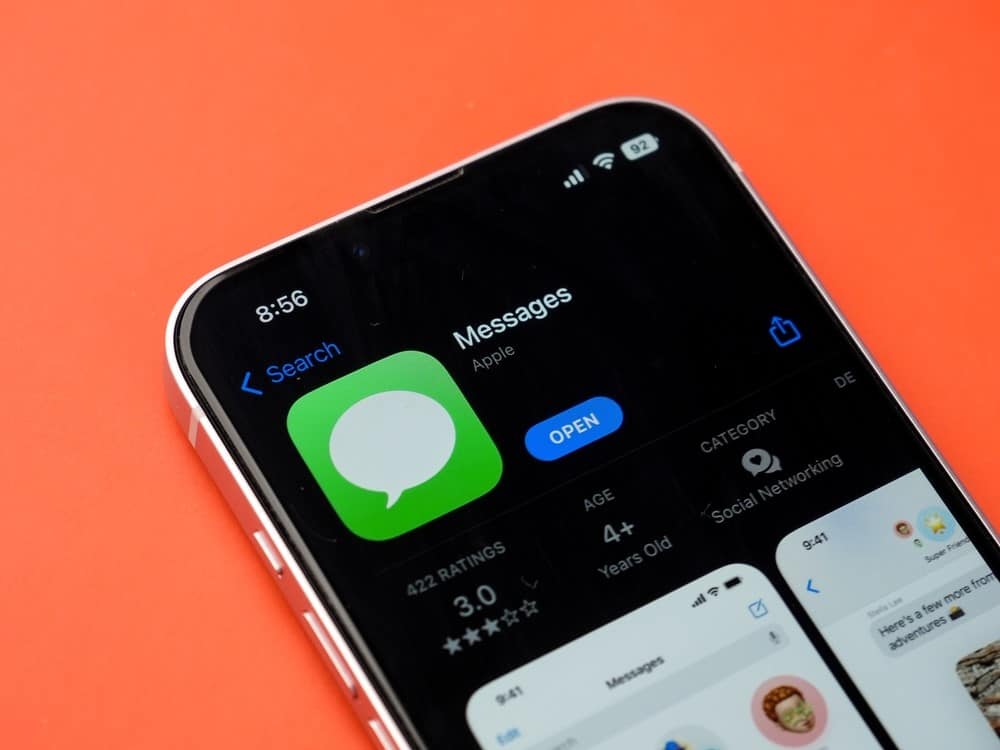Although there is no quantum computer yet, there is a growing demand for secure quantum communications. Apple says iMessage will ensure that with the PQ3 in the short term. What does this look like?
Apple announced this week that it will equip iMessage with PQ3 encryption. This method, one of several “quantum-resistant” encryption processes, has already been implemented in preview versions of Apple's operating systems. iOS 17.4, iPadOS 17.4, macOS 14.4, and watchOS 10.4 will also eventually receive support.
iMessage debuted in 2011 with end-to-end encryption, similar to apps in WhatsApp and Signal. Apple has said that Signal has already taken another step forward with the PQXDH update. Apple doesn't think this is enough, because this type of quantum encryption can be hacked by obtaining the keys. Therefore, PQ3 is all about changing keys after sending messages. Therefore, a compromised key should not cause a leak.
The problem of decoding later requires urgency
When we spoke to Eurofiber about this at the beginning of this month, it turned out that it is sometimes possible to crack so-called post-quantum encryptions very quickly. At the time, that company's chief innovation officer, Mark Holzebos, told us that we still didn't know what quantum secure cryptography would have to defend itself against. There are not yet quantum computers available that can run Shor's algorithm, the standard that confirms that all classical forms of cryptography can be solved relatively quickly.
It also turns out that we still have to move towards quantum proof, which Apple confirms. He describes the attack scenario as: Harvest now, decrypt laterStolen encrypted material is decrypted as soon as technology allows. This includes everything from state secrets to important intellectual property for advanced equipment or private communications with sensitive personal information that must remain secret for a long time or permanently. That's why Apple is accelerating iMessage innovation.
Will other parties follow suit?
Although Apple has equipped iMessage with end-to-end encryption since its introduction, there are plenty of alternative apps out there that hope to provide more secure communications. WhatsApp and Signal are also coming up with new ways to ensure their privacy, but they are yet to announce the implementation of “persistent PQC rekeying.” It may only be a matter of time before this happens.
By the way, classic encryption still plays a role in iMessage PQ3 encryption. The sender and key authentication still rely on known methods, as these mechanisms will not be adaptable to quantum computers, according to Apple. The message can only be intercepted if the attacker has a quantum computer and is able to intercept the key when sending a message (man-in-the-middle attack). By the time this system is actually available, Apple may have already developed other protection methods.
Read also: Eurofiber is building a quantum encrypted network for the Port of Rotterdam

“Lifelong entrepreneur. Total writer. Internet ninja. Analyst. Friendly music enthusiast.”











More Stories
Monster Jam Showdown Launch Trailer
The European Digital Twin Ocean prototype reveals many possibilities
Instagram now lets you add a song to your account